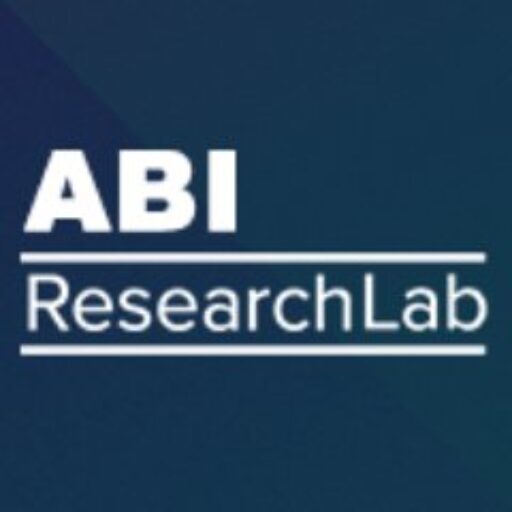The Ontario Acquired Brain Injury (ABI) Dataset is a population-based dataset that captures administrative data on traumatic and non-traumatic brain injury across the continuum of care. Despite the high incidence and prevalence of ABI in the Canadian population, a centralized data source had not been available that would assist the planning and evaluation of relevant services. Thus, the purpose of the ABI Dataset is to assist health care administrators in planning for services, resource allocation, and policy-making.
The project took place across three phases from 2009 to 2012. In Phase 1, the research team amalgamated hospital administrative data from fiscal years 2003/4 to 2006/7 to get a picture of hospitalization use across the continuum of care for people with traumatic brain injury (TBI) and non-traumatic brain injury (nTBI). A series of technical reports were produced comparing usage of these two populations for each of the province’s 14 Local Health Integration Networks (LHINs). These reports were updated in Phase 3.
Phase 2 included additional data sources to examine the profile and trajectory of individuals across the continuum of care, from acute care to final discharge destinations (i.e., a care facility or home). Additional and more complex analyses of the data were conducted in this phase.
The initial LHIN reports were updated in Phase 3 to include data up to 2009. Additionally, the team examined data specifically on older adults because this sub-population has both more co-morbidity and a higher rate of hospitalizations than other age groups.
Reports
All reports from the project are available on our website: Ontario ABI Dataset Reports
Investigative Team
Angela Colantonio (Principal Investigator), Vincy Chan, Amy Chen, Brandon Zagorski, Daria Parsons, Rika Vander Laan
Funding
Ontario Neurotrauma Foundation
 |
